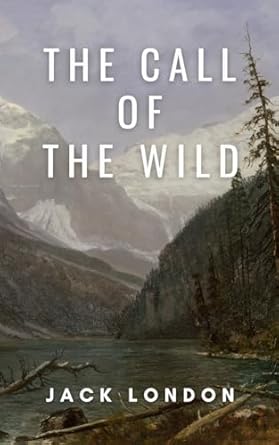Likes
0
Want to Read Shelf
0
Read Shelf
1
The Call of the Wild
Jack London
Jack London’s The Call of the Wild is a visceral meditation on primitivism, survival, and the inexorable pull of nature, conveyed through a semantic landscape that mirrors the brutal yet poetic rhythms of the wild. The novel’s language oscillates between the feral and the philosophical, capturing both the instinctual world of its canine protagonist, Buck, and the broader existential themes of atavism and self-discovery. London employs a lexicon rich in natural imagery and elemental forces, immersing readers in an environment where strength, adaptability, and instinct supersede the constructs of civilization. The thematic core of the novel hinges on the dichotomy between domestication and wildness, as Buck’s journey traces a semantic and symbolic return to his ancestral roots, shedding the imposed veneer of human control to embrace the law of the wild. London’s prose is taut yet evocative, embedding within Buck’s transformation a commentary on the inherent struggle between imposed order and inherent chaos, civilization and savagery. The novel’s linguistic rhythm reflects the pulse of nature itself—at times harsh and unforgiving, at others lyrical and transcendent—reinforcing the theme that survival is not merely a physical battle but a spiritual awakening. By employing a narrative that blurs the lines between anthropomorphism and instinctual realism, London crafts a tale where language itself becomes a bridge between human introspection and the primal call of the wilderness, ultimately suggesting that true freedom lies not in mastery over nature but in surrendering to its immutable laws.

